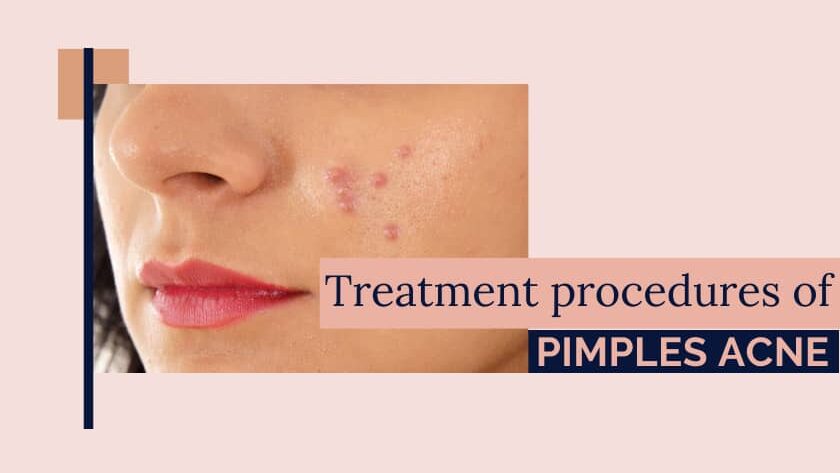What is pimple Acne?
Pimples are a common type of acne that usually occur on the face.
This type of acne is not serious unlike nodules, but it can cause scars on the skin if left untreated or popped out.
Pimple is characterized by a reddish small bump that contains pus, dead skin cells and bacteria which is responsible for inflammation.
If your face has numerous small pimples, you may need to treat them carefully because acne vulgaris, the most common type of pimple, also has serious side effects.
Since it can also spread to other parts of your body, you may need to seek treatment for it, says chaktty.
Causes of Pimples
As I’ve said earlier, pimple is caused by excess oil glands, excess sebum and dead skin cells that are not cleansed from the skin
Pimples occur when the pores are clogged with these dead skin cells.
The term pores refer to a network of tiny holes on the surface of your skin.
These pores are the sites where excess sebum and other substances gather. This makes the skin oily, which can result in clogged pores.
The overproduction of sebum, as well as dead skin cells, can make the pores appear larger than normal and may eventually lead to acne, healthpally clinic.
It is also hereditary, but usually common to people with oily skin than dry skin.
Another common cause of adult acne is hormonal changes. Some women experience estrogen levels that cause acne.
Symptoms of pimples
Some of its symptoms include: irritation, swelling, redness, swelling, inflammation, changes in color, and pus
Pimples and other types of acne can transform to more severe acne type.
According to sex pally, Sebum production increases during puberty and can continue after.
In many cases, acne does not reoccur for several years.
However, if the production of sebum is not decreased, it can lead to blackheads, whiteheads, and other types of acne.
This type of acne often results in scarring because dead skin cells are collected on the surface of the skin. This type of acne must be treated by a dermatologist.
Treatment of pimple Acne
Both prescription medication and over-the-counter treatments for acne can produce severe side effects, so it is best to consult a dermatologist before starting any type of treatment.
A doctor may prescribe oral antibiotics or even topical retinoid creams to help reduce the appearance of blemishes.
Topical retinoids are especially effective against adult acne because they can reduce the oil produced by sebaceous glands, which in turn keeps the papules and pustules smaller.
However, in cases of teenage or early adult acne, topical retinoids alone cannot eliminate all the signs and symptoms, sexpally boss reinstated.
In such cases, doctors may recommend the use of oral azelaic acid, which may help reduce the oil produced by the sebaceous glands but can also cause serious side effects such as liver damage.
Azelaic acid is available in the form of a cream or a tablet.
Creams containing azelaic acid are usually applied directly to the face once daily.
For more severe cases, doctors may recommend oral azelaic acid tablets once daily until the acne has cleared.
Some other treatment methods
Other medications, such as birth control pills, can affect the way the skin produces oil.
According to Healthpally magazine, Hormone-altering medications have also been associated with acne.
If you are experiencing hormonal changes, talk to your doctor or a licensed health care professional to find out what the best treatment might be.
Hormone-altering medications are available only under careful medical supervision and a prescription.
Conclusion
The best treatment of all is a combination of both noninflammatory acne treatments and over-the-counter acne creams.
Noninflammatory acne creams are used to treat mild to moderate cases of skin inflammation.
Noninflammatory acne products contain salicylic acid, lactic acid, and glycolic acid, which work by unblocking pores and killing bacteria on the skin’s surface.
Products containing benzoyl peroxide can also be used to help remove dead skin cells and to prevent acne from returning.




